They look, but they don't see: the faces of soldiers who have gone through hell
Categories: History
By Pictolic https://pictolic.com/article/they-look-but-they-dont-see-the-faces-of-soldiers-who-have-gone-through-hell.htmlIn the American military vocabulary there is a term "a look at two thousand yards". This is what they say about the facial expression of a soldier who has experienced a powerful emotional shock during a battle. The eyes are fixed forward, but they don't see anything. The mind under the influence of extreme stress practically stops its work. A person at such moments lives as if on autopilot.
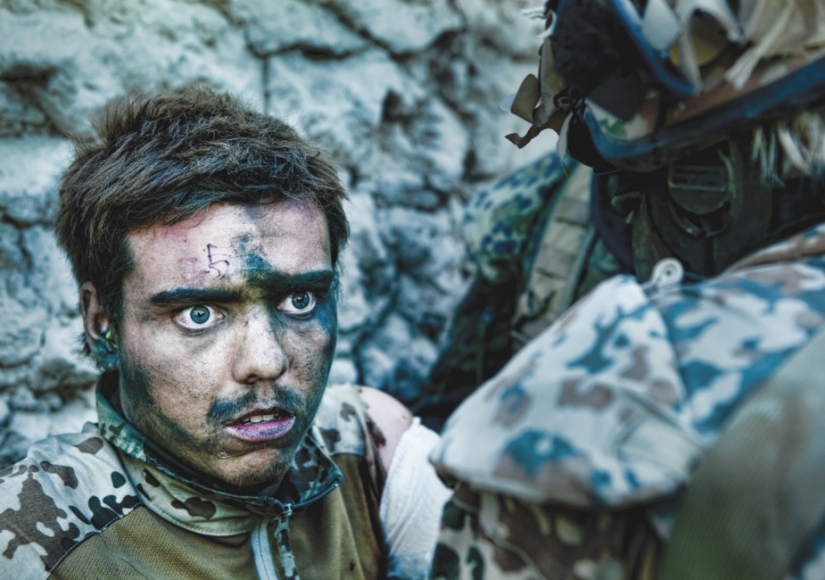
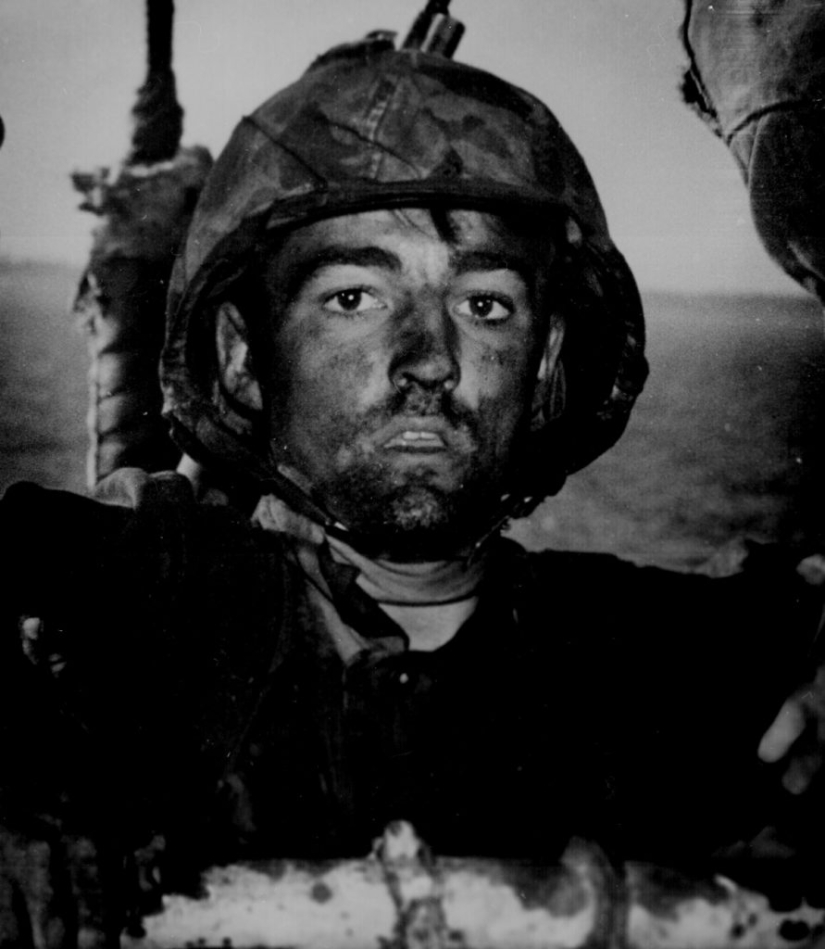
This unusual term came into use after a reproduction of the painting of the same name by the American military artist Thomas Lee was published in Life magazine. He was on the battlefield during the battle with Japanese troops for Peleliu Island in Micronesia and saw a lot of Americans who fell into a stupor after storming another height. Soon he painted a picture depicting a soldier who saw too many terrible things.
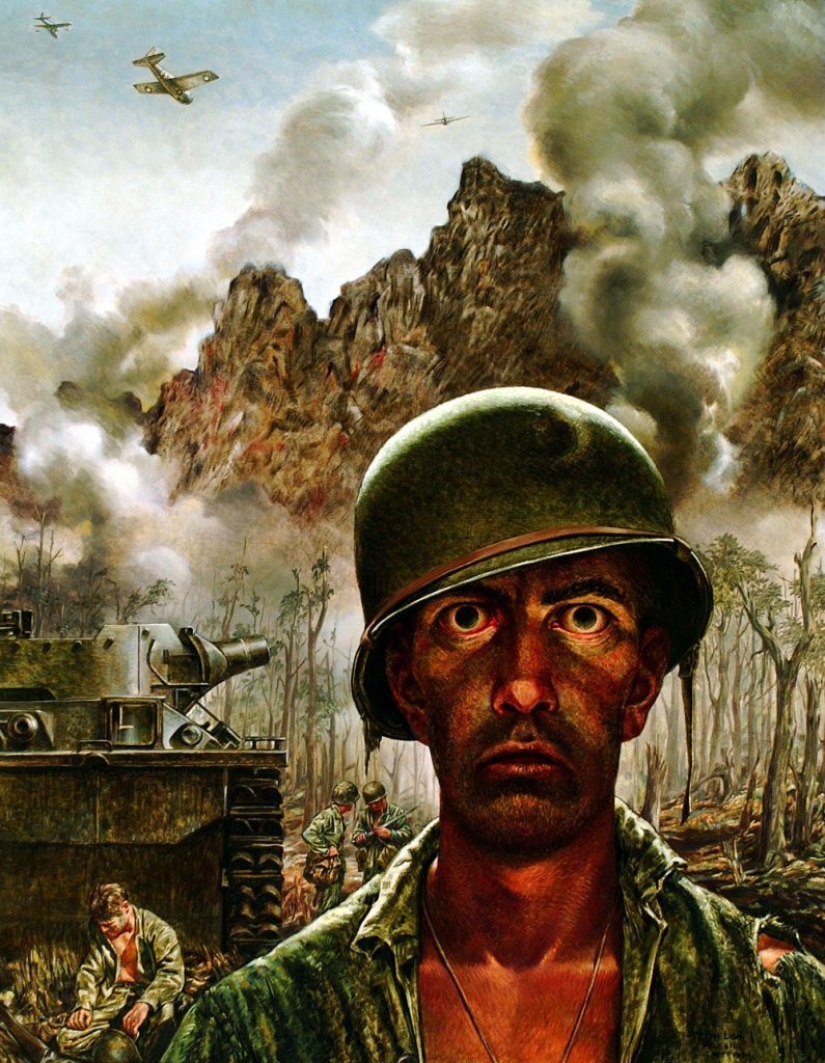
Psychologists are convinced that a stopped look is a manifestation of a protective reaction of the body. The mind loses the ability to perceive the surrounding reality for a while, thereby escaping from overload. After the tension subsides, the thought process returns to normal.
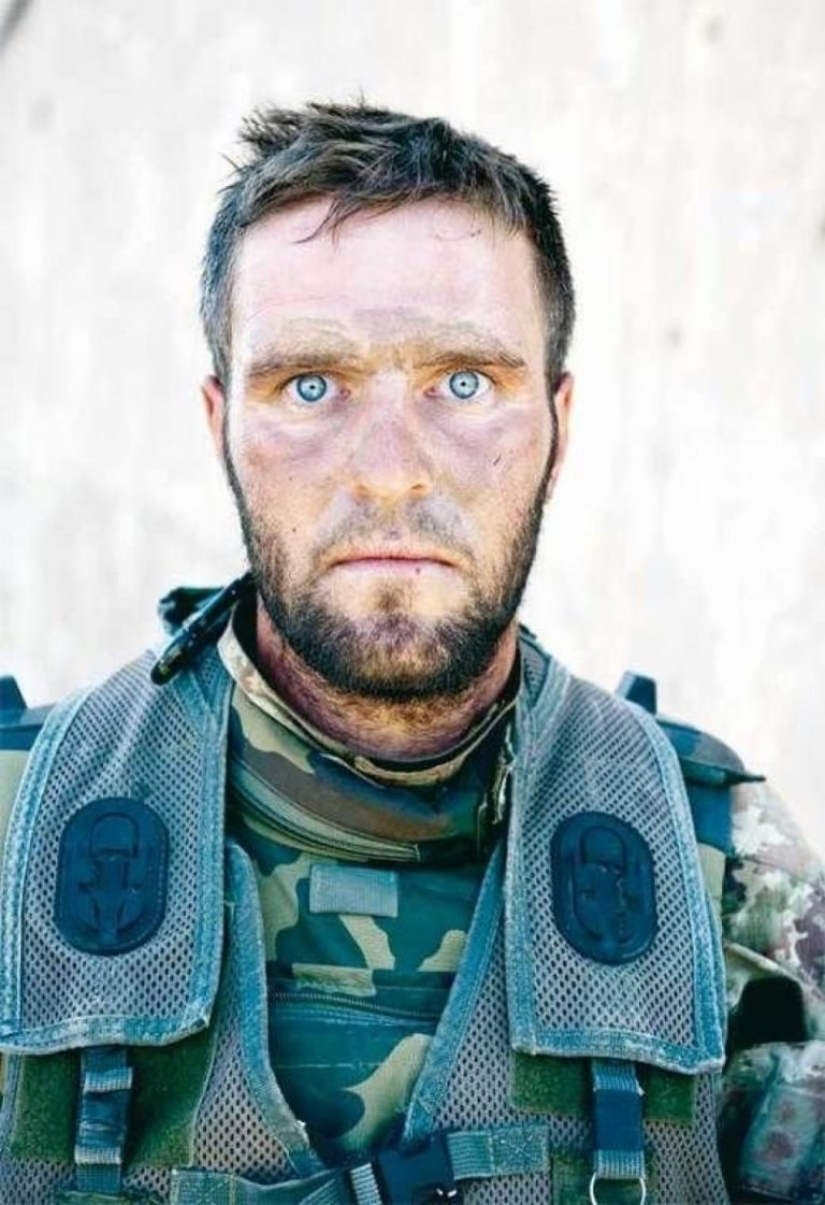
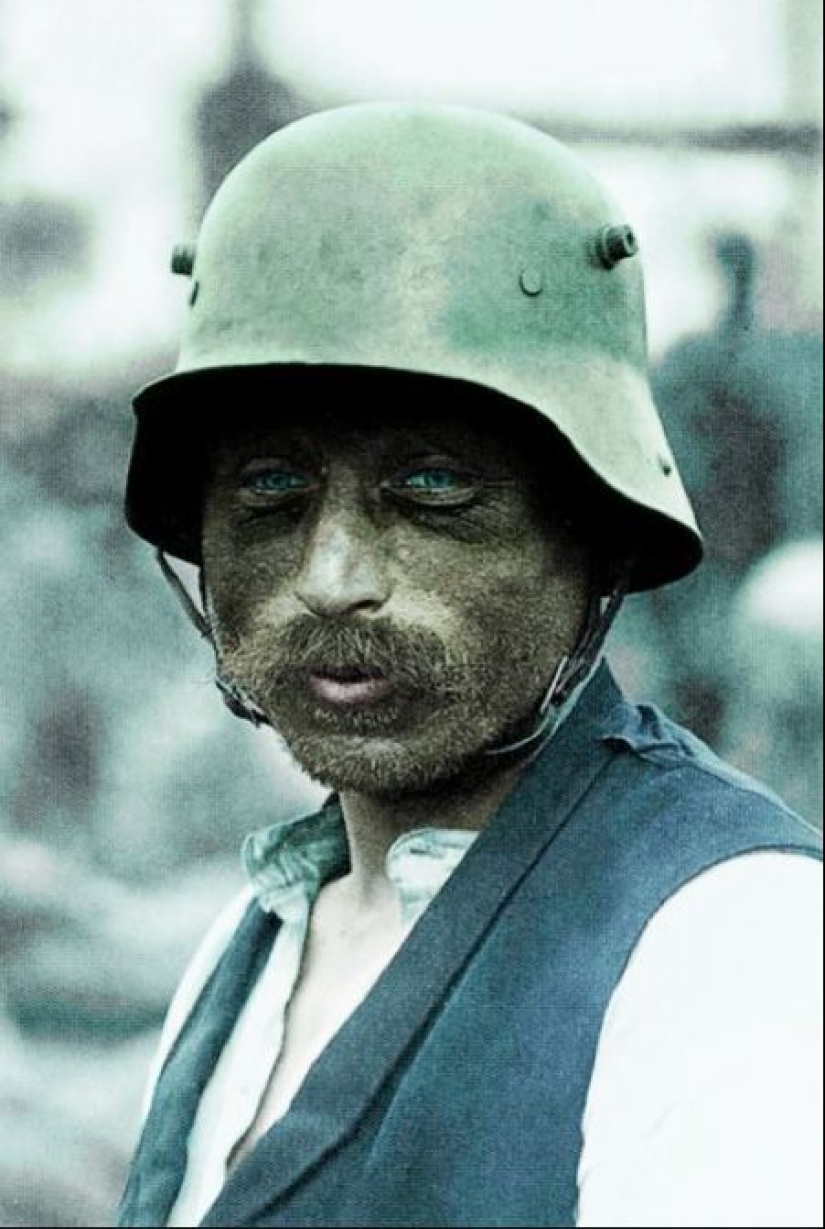
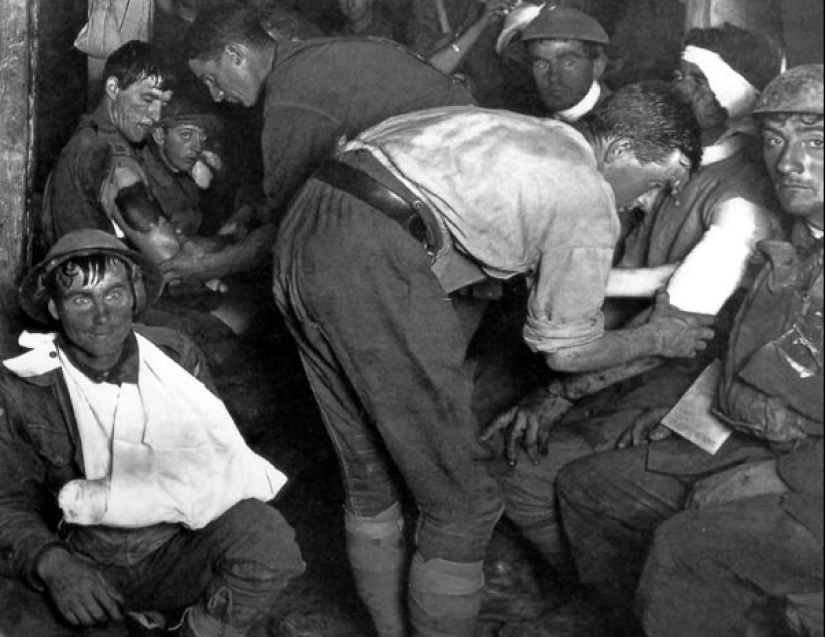
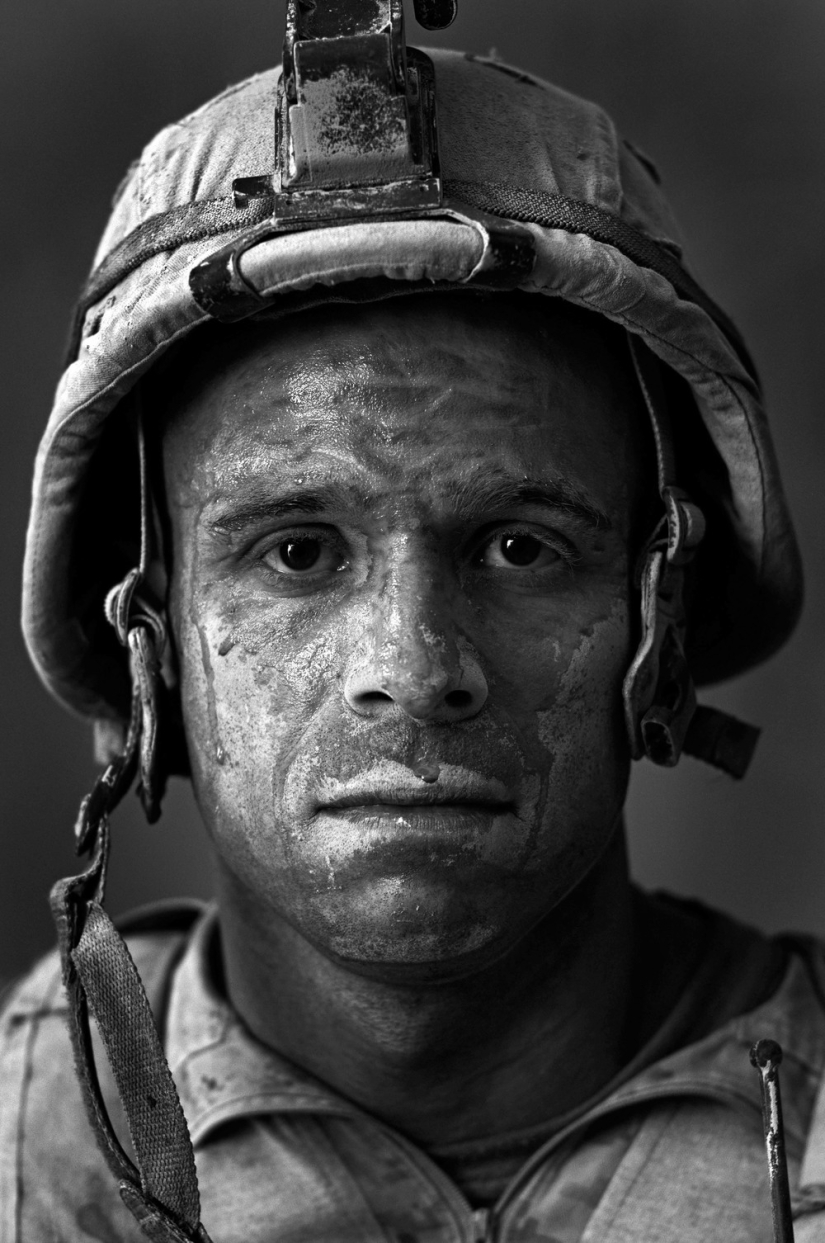
"A look at two thousand yards", of course, can be observed during all military conflicts without exception (and in ordinary life, too), but most of these photos refer to the Vietnam War. The fact is that, unlike other wars, correspondents who worked in Vietnam did not try to hide such images, fearing to undermine the morale of the army. Photos of stunned Americans were used as an anti-war symbol.
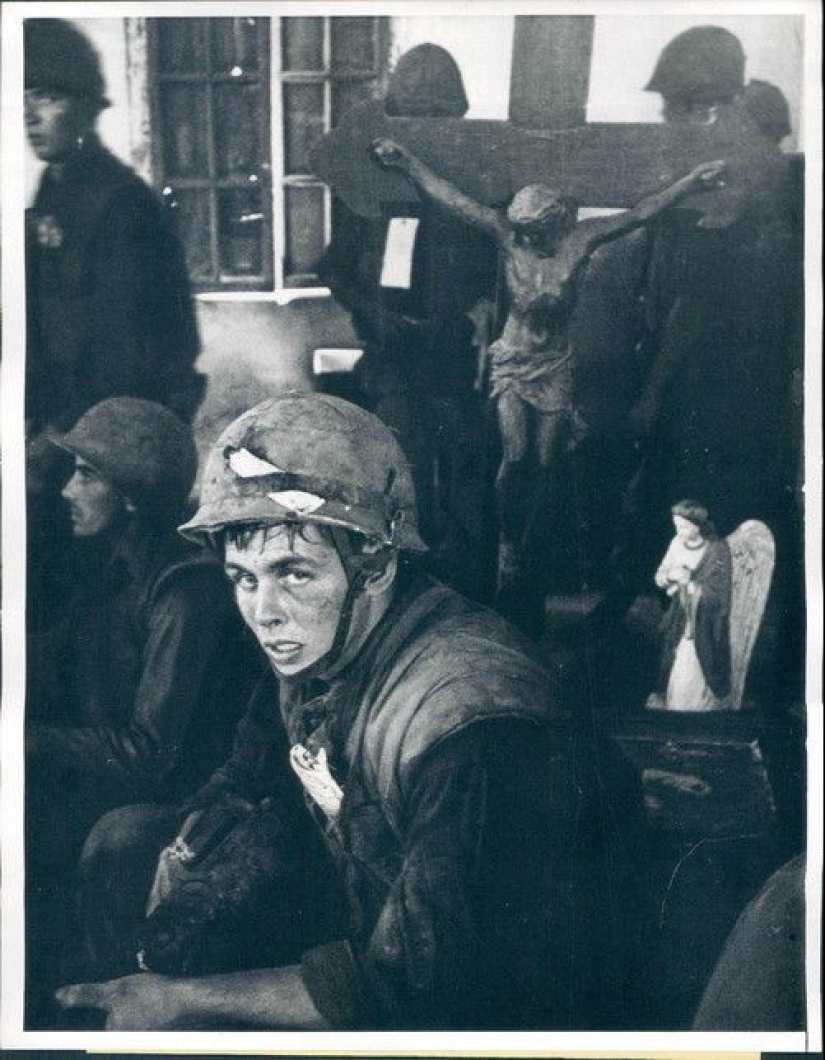
.
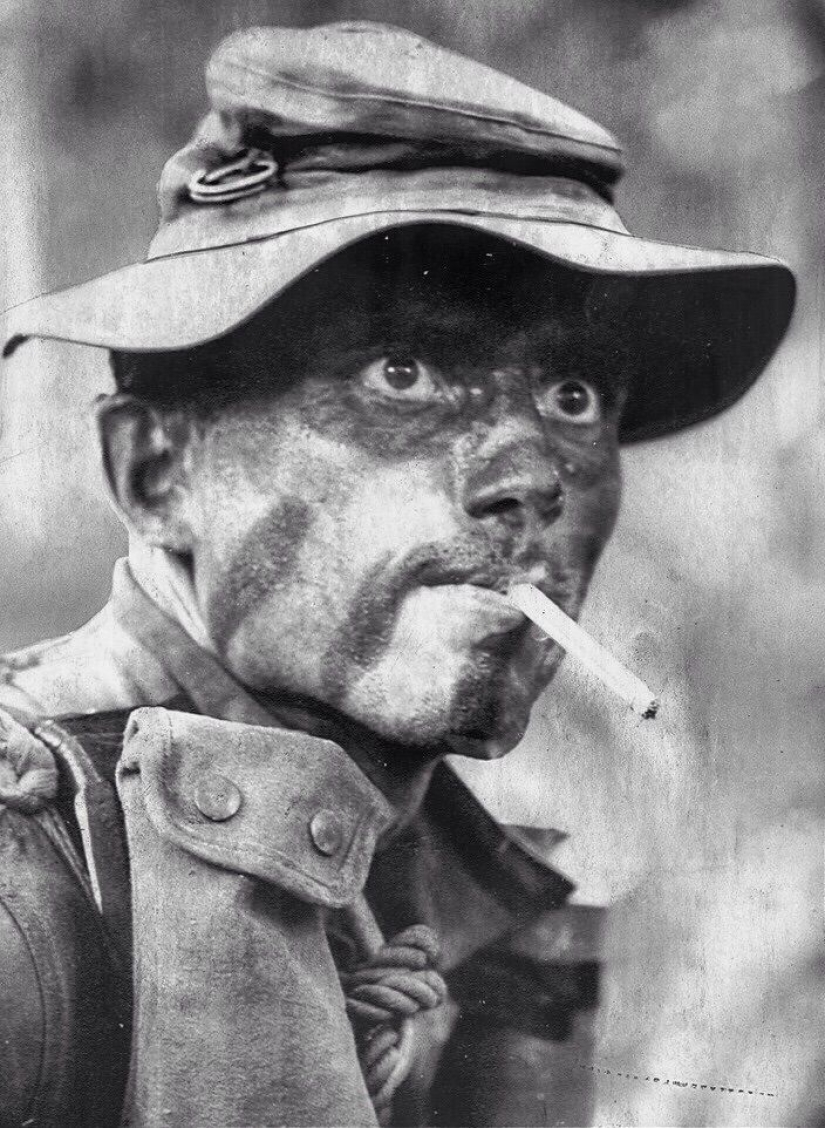
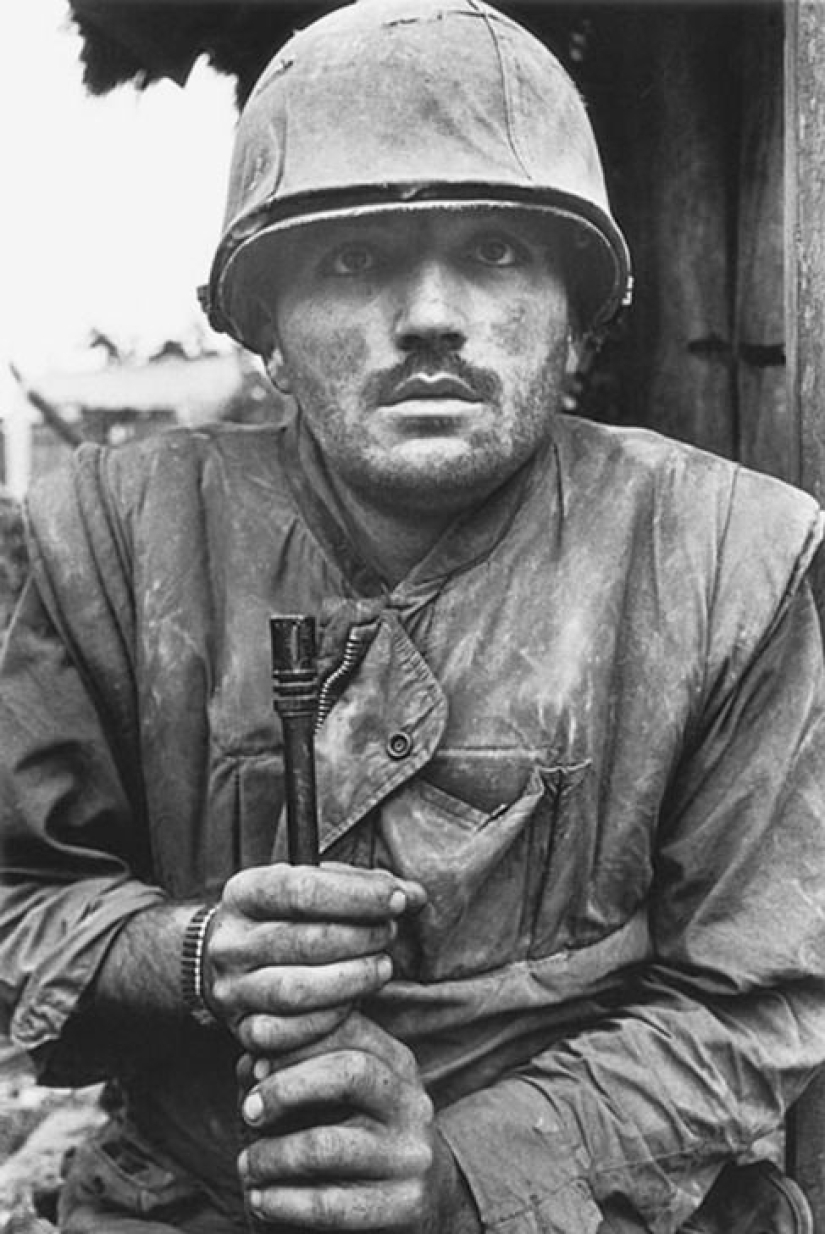
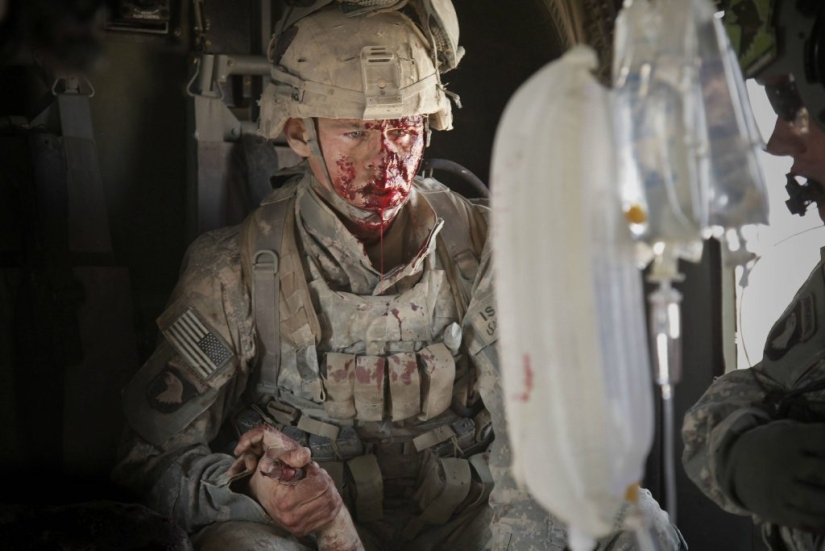
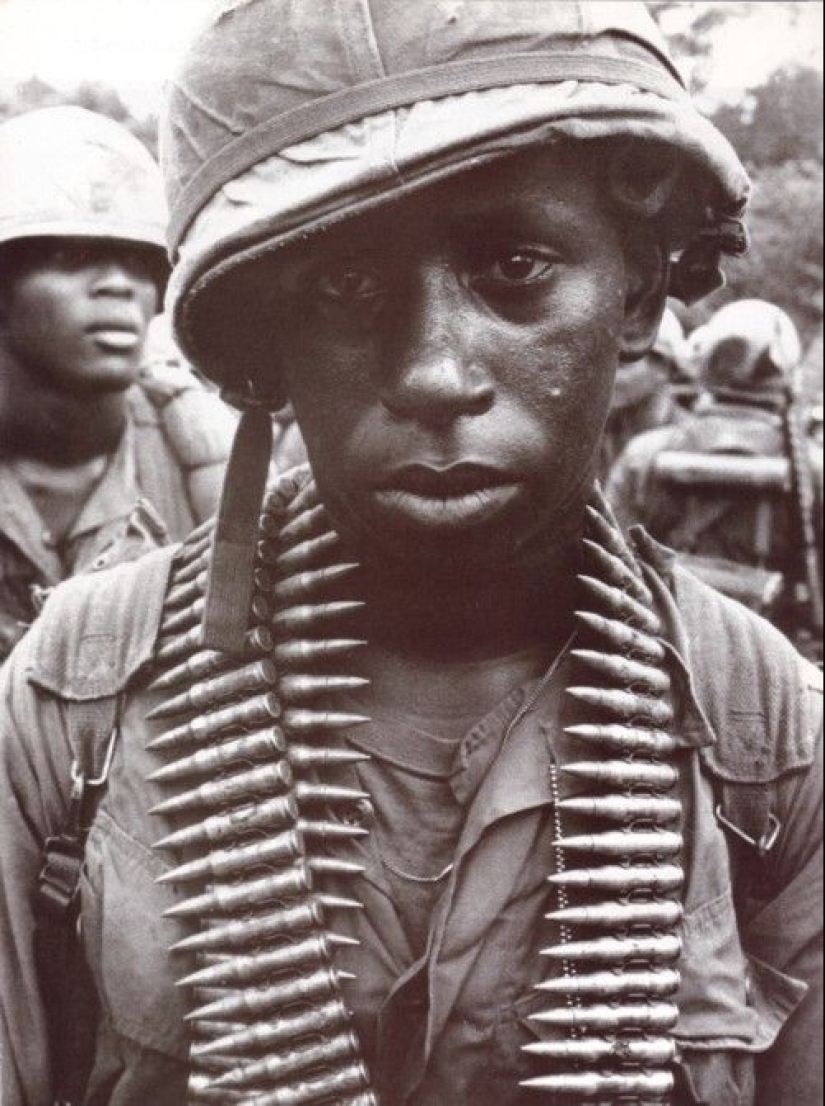
Recent articles

It's high time to admit that this whole hipster idea has gone too far. The concept has become so popular that even restaurants have ...

There is a perception that people only use 10% of their brain potential. But the heroes of our review, apparently, found a way to ...

New Year's is a time to surprise and delight loved ones not only with gifts but also with a unique presentation of the holiday ...